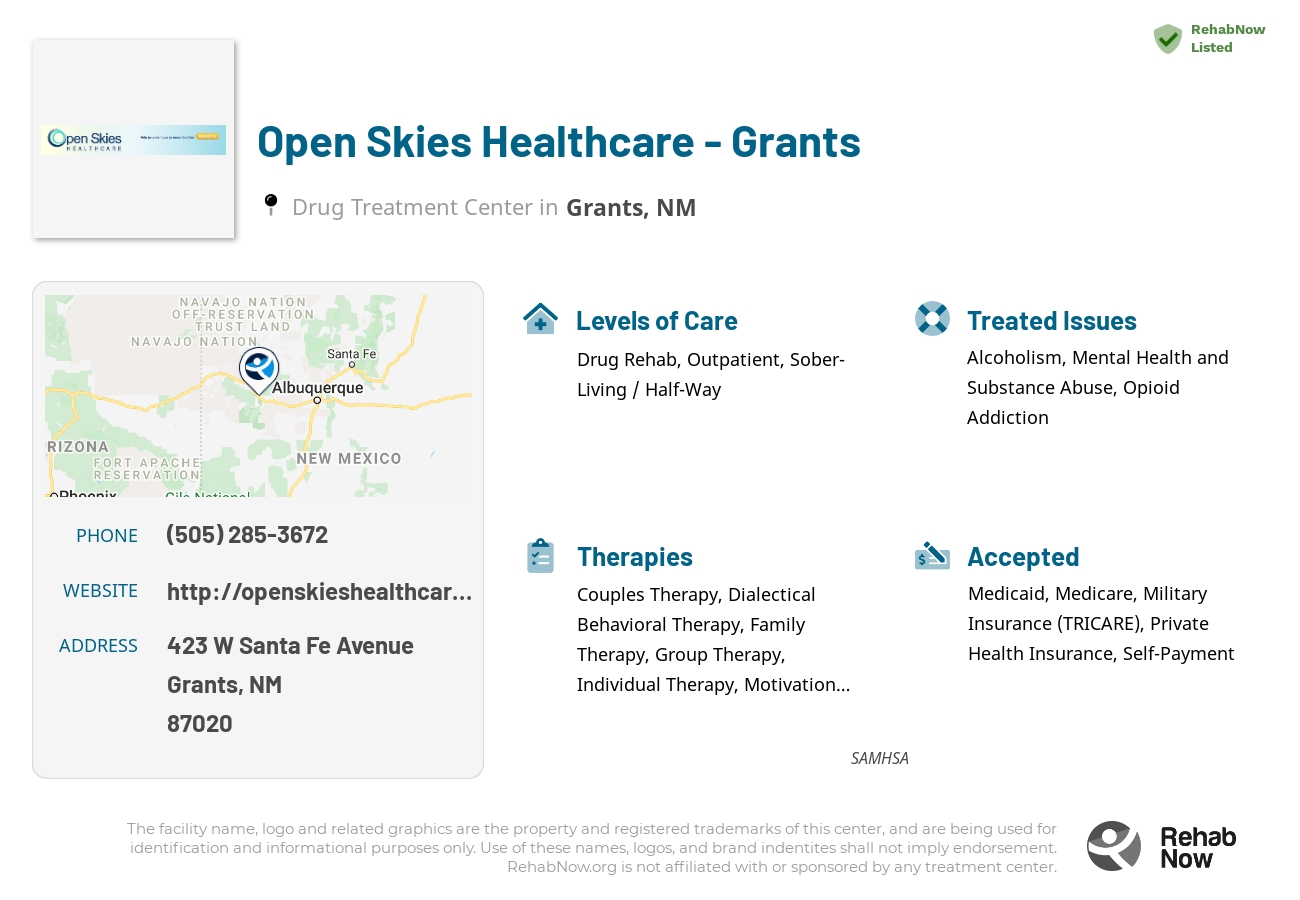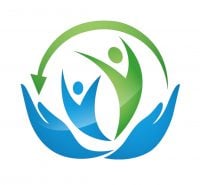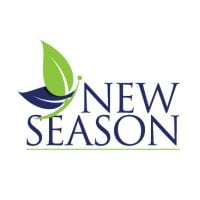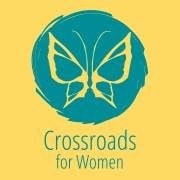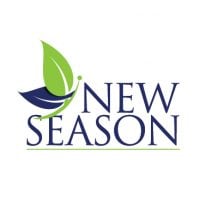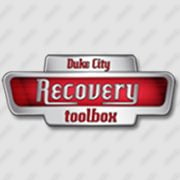Open Skies Healthcare - Grants
Drug Rehab Center in Grants, New Mexico
Open Skies Healthcare-Grants is a non-profit behavioral health center dedicated to providing evidence-based addiction treatment services for individuals and families, including specialized services such as detoxification, relapse prevention, and family programs.
About Open Skies Healthcare - Grants in New Mexico
Open Skies Healthcare in Grants, New Mexico, focuses on helping individuals overcome behavioral health challenges, including substance abuse, through a variety of evidence-based practices. They stand out for their comprehensive approach to treatment, integrating individualized care with community-based services.
- Evidence-Based Techniques: Utilizes a broad range of evidence-based practices, including Cognitive Behavioral Therapy and the Matrix Model, ensuring a scientifically backed approach to recovery.
- Individualized Treatment Plans: Each patient receives a customized treatment plan tailored to their specific needs, promoting more effective recovery outcomes.
- Community-Based Services: Provides services within the community, facilitating easier access to care and support throughout the recovery process.
Accredited by The Joint Commission and recognized as a Five Star Provider by NAMI, Open Skies Healthcare - Grants is committed to excellence in addiction treatment. Their qualified staff employs a variety of evidence-based techniques to address substance abuse and related behavioral health issues.
Specializing in treating a wide range of addictions and behavioral concerns, Open Skies Healthcare employs methods such as Moral Reconation Therapy and Motivational Interviewing. They offer levels of care that include individual, group, and family therapy, catering to both adults and children.
Genders
Ages
Modality
Additional
Accreditations
SAMHSA
Conditions and Issues Treated
With so many people addicted to opioids, we need to help those who want to quit. The cycle begins when opioid addicts take opioids for a painful injury. When someone starts taking their medication differently or in excess, it means they’re addicted and at risk of overdosing.
In , detoxing from these types of treatments is the most effective way to beat this. Most facilities begin with medical assistance and then provide counseling services; rehabilitation follows after successful treatment.
Levels of Care Offered
This center offers a variety of custom treatment tailored to individual recovery. Currently available are Drug Rehab, Outpatient, Residential, Sober-Living / Half-Way, with additional therapies available as listed below.
Alcohol or drug addiction, or co-occurring disorders, are treated in an outpatient program. The patient must attend therapy and other programs at the facility but can return home each night.
Outpatient treatment allows recovering addicts to live at home while receiving addiction treatment. Outpatients can attend group sessions for a few hours per week. Outpatients may also continue to work full time and study/attend school without interruption if they choose.
Sober living homes, offered by rehabilitation facilities, help recovering addicts transition back into society. These homes have rules and regulations that must be followed to maintain sobriety. They also provide resources such as vocational training and therapy sessions.
Residential treatment programs are those that offer housing and meals in addition to substance abuse treatment. Rehab facilities that offer residential treatment allow patients to focus solely on recovery, in an environment totally separate from their lives. Some rehab centers specialize in short-term residential treatment (a few days to a week or two), while others solely provide treatment on a long-term basis (several weeks to months). Some offer both, and tailor treatment to the patient’s individual requirements.
Therapies & Programs
Different people react differently to various treatment options. Some drug rehabilitation centers offer individualized treatment that caters to the specific needs of a drug addict. The best treatment option varies on an individual depending on the type of drug abused, life history, medical condition of the person, social circumstances, and the environment they live in now.
When a person enters drug rehab, they usually have anti-drug associations such as withdrawal symptoms, stress, cravings, etc. The first step of drug rehab is to detoxify the body from any residual substances in it. Drug rehabilitation centers usually employ trained medical professionals to help in this process. Usually, the initial detoxification lasts for five days, where the person is monitored under close supervision.
Couples therapy is a treatment method used to help couples in which at least one member of the couple has a drug addiction. The treatment is designed to help the couple strengthen their relationship to minimize the effects of drug addiction on their lives and promote healthy communication between them.
Couples therapy can be used whether the addicted partner is using drugs or in recovery. It helps the couple create healthy communication and coping skills to minimize the problem-solving abilities of one partner, which can then be directed at solving issues related to their addiction. It also helps couples address problems that may be related to drug addiction. Couples therapy can help couples feel like a team and not feel like their partner is the problem.
Couples therapy is very challenging for both the drug addict and their partner. It requires an intense commitment between the two individuals to participate in the sessions and the homework assigned between sessions.
An additional benefit of couples therapy is that it can help make other types of treatment, such as 12-step programs, more effective.
Family therapy sessions typically involve the addict and their family members. During these sessions, a therapist will work with everyone involved to help them understand addiction and find healthy ways of coping without substance abuse.
Some addicts might feel embarrassed about their substance abuse problems. By encouraging family members to attend these sessions, therapists can show addicts that they’re not alone in dealing with addiction. Therapists can also work with family members to help them understand addiction and learn how to offer support and encouragement to their loved one as they deal with substance abuse issues.
Attending group therapy at Open Skies Healthcare - Grants in , is a useful way for those seeking sobriety to realize they aren’t the only one going through it.
This is when a group of people on different recovery phases get together and talk about what they’re going through, their triggers, successes, and failures. This can include alternative types of therapies too! Group therapy may occur on an outpatient or inpatient basis with groups that have no pre-existing relationships outside the session, unlike support groups where everyone already knows each other beforehand.
Trauma therapy is a form of therapy used to help people process and understand past traumas. This can help struggling addicts, as many people turn to drugs or alcohol to mask the pain of their past. Trauma therapy can be done in several ways, such as through visualization, discussion, and writing down thoughts and feelings. The goal is to help the individual understand why they are having problems coping with certain situations and changing how they think and react to things. This is often done in tandem with other therapies to treat the underlying issues associated with addiction.
The idea behind trauma therapy is that while some people can experience traumatic events and not have lasting psychiatric symptoms, many others will. In these cases, memories get hidden from consciousness but continue to influence how the person processes and copes with things in their life. They may avoid situations that resemble what happened or become suddenly angry or irritated to a situation that reminds them of a past event. With the help of a therapist, people can go back over memories and experiences. This helps them understand why they are having problems coping with certain situations and changing how they think and react to things.
This type of cognitive-behavioral therapy helps people understand how their thoughts, behaviors, and feelings are interconnected. It can help patients with borderline personality disorder gain control over their actions and stop self-harming thoughts and attempts.
Cognitive Behavioral Therapy is a type of psychotherapy that helps people address the thoughts and behaviors that may have led to their addiction. It also helps change negative thoughts into positive ones and promotes healthy communication between addicts and those around them. CBT is an efficient treatment for individuals suffering from all sorts of addictions.
Cognitive Behavioral Therapy (CBT) focuses on the underlying thoughts and behaviors that caused the problem of addiction in the first place and may cause a relapse. Negative feelings are common in drug abuse disorders, but they can lead to co-occurring disorders if not recognized. CBT involves strategies that help to change the behavior pattern by restructuring negative thoughts into positive ones. It helps to remove these feelings, and it provides long-term benefits. Also, CBT promotes self-awareness, self-control and can be administered as a mono-therapy or as part of combination therapy.
Payment Options Accepted
For specific insurance or payment methods please contact us.
Is your insurance accepted?
Ask an expert, call (888) 674-0062
Open Skies Healthcare Associated Centers
Discover treatment facilities under the same provider.
- Open Skies Healthcare - Los Lunas in Los Lunas, NM
- Open Skies Healthcare - Albuquerque in Albuquerque, NM
- Open Skies Healthcare - Albuquerque in Albuquerque, NM
- Open Skies Healthcare - Rio Rancho in Rio Rancho, NM
Learn More About Open Skies Healthcare Centers
Additional Details
Specifics, location, and helpful extra information.
Grants, New Mexico 87020 Phone Number(505) 285-3672 Meta DetailsUpdated April 15, 2024
Staff Verified
Open Skies Healthcare - Grants Patient Reviews
There are no reviews yet. Be the first one to write one.
Grants, New Mexico Addiction Information
New Mexico has been one of the leading states in the nation when it comes to drug and alcohol use, abuse, and addiction. Opioids are responsible for over 60% of all drug-related overdoses in New Mexico. Alcohol-related deaths in New Mexico are the highest in the nation and almost twice the national average since 2000.
Treatment in Nearby Cities
- Laguna, NM (27.8 mi.)
- Questa, NM ( mi.)
- Santa Fe, NM (114.1 mi.)
- Mescalero, NM (182.2 mi.)
- Raton, NM (226.1 mi.)
Centers near Open Skies Healthcare - Grants
The facility name, logo and brand are the property and registered trademarks of Open Skies Healthcare - Grants, and are being used for identification and informational purposes only. Use of these names, logos and brands shall not imply endorsement. RehabNow.org is not affiliated with or sponsored by Open Skies Healthcare - Grants.



